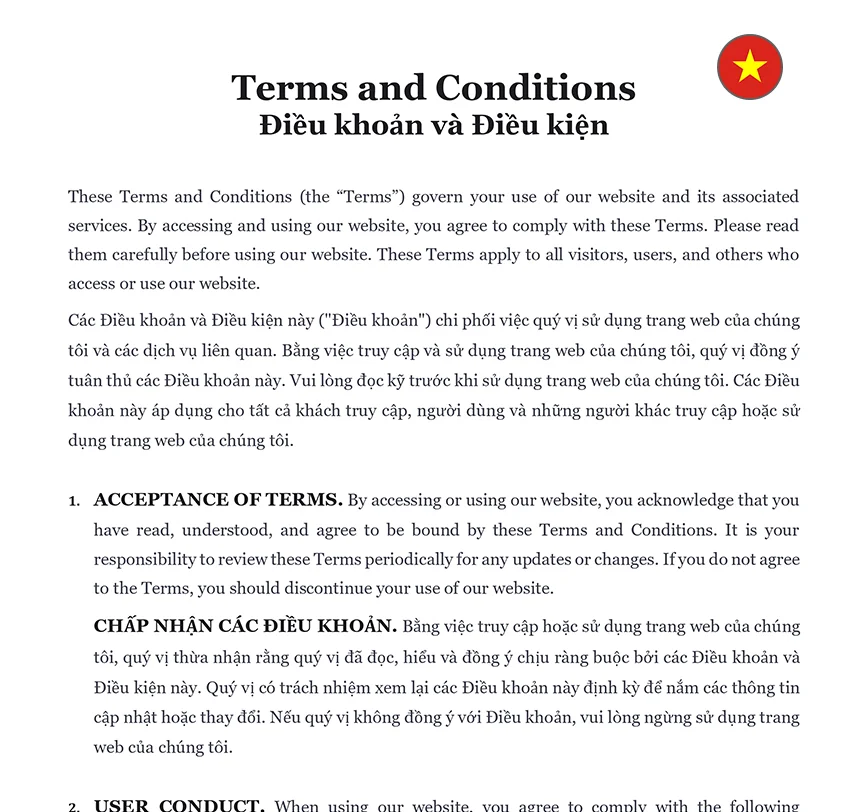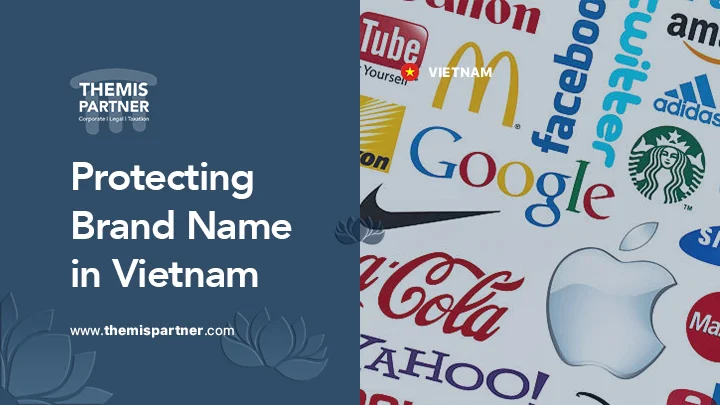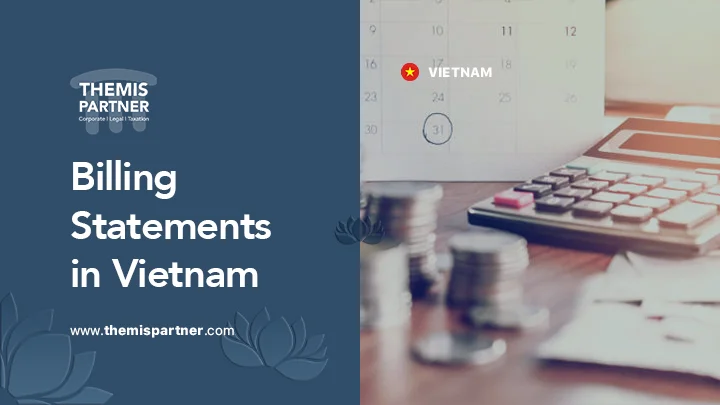Understanding the Importance of Terms of Use
Terms of Use are legal agreements that outline the rules and guidelines users must follow when accessing your website or app. These terms are crucial for protecting your intellectual property, limiting liability, and setting the standards for user behavior. Without clear Terms of Use, you may face legal risks, misunderstandings, and potential misuse of your platform. Well-drafted Terms of Use not only protect your rights but also provide a transparent framework for users, fostering trust and reliability.
Key Elements of Terms of Use
To draft comprehensive Terms of Use, consider including the following key elements:
1. Acceptance of Terms: Specify that by using your site or app, users agree to the terms. This clause is vital as it establishes that users must comply with your rules to access your services. It’s essential to make this acceptance explicit, perhaps through a click-wrap agreement where users must click “I agree” before proceeding.
2. Modification of Terms: Reserve the right to change the terms at any time. This allows you to adapt to new legal requirements, business changes, or feedback from users. Ensure that users are notified of significant changes, and consider requiring users to accept the revised terms.
3. User Obligations: Outline what users can and cannot do on your platform. This includes prohibiting illegal activities, spamming, and misuse of the service. Clear user obligations help maintain a safe and respectful environment, protecting both your business and other users.
4. Intellectual Property: Protect your content and trademarks. Clarify that all intellectual property rights are reserved, and users cannot use your content without permission. This prevents unauthorized use and potential infringement of your intellectual property.
ℹ️ For additional protection, view our Intellectual Property templates or Non-Disclosure Agreement (NDA).
5. Limitation of Liability: Limit your legal exposure. This clause can protect you from being held responsible for damages resulting from user actions or external factors beyond your control. Clearly state the limitations and scope of your liability.
ℹ️ For more detailed limitations, include a Disclaimer.
6. Governing Law: Specify which laws govern the agreement. This is crucial for resolving disputes, as it determines the legal framework under which any conflicts will be addressed. Ensure the governing law aligns with your business location and user base.
Terms and Conditions
Your Terms of Use should integrate clear Terms and Conditions, detailing the contractual obligations and rights of both parties. This section can help prevent misunderstandings and disputes by clearly outlining expectations. It should cover aspects such as:
User Responsibilities: Clearly define what is expected from users when they access and use your website or app.
Payment Terms: Outline the payment methods accepted, payment schedules, and any associated fees or charges.
Subscription Details: Specify the terms of any subscription services, including renewal policies, cancellation procedures, and any trial periods offered.
Service Limitations: Describe any limitations on the services provided, including availability, service levels, and any disclaimers regarding the functionality or performance of the service.
Use our Terms and Conditions template for your website or app.
Compliance with Vietnamese Law
When drafting Terms of Use for users in Vietnam, ensure compliance with local laws and regulations. Vietnam has specific legal requirements that must be adhered to, including consumer protection laws, e-commerce regulations, and data privacy standards. Consulting official Vietnamese resources such as the Ministry of Information and Communications website can provide valuable guidance. Ensuring compliance not only protects your business from legal issues but also builds trust with your Vietnamese user base.
ℹ️ Explore Ensuring Data Security: Legal Guide in Vietnam for broader compliance.
Privacy Policy Integration
A well-drafted Terms of Use document should also reference your Privacy Policy. This integration helps users understand how their personal data will be collected, used, and protected. It is essential to be transparent about data handling practices, as privacy concerns are paramount in today’s digital age. Clearly stating your privacy practices within the Terms of Use reassures users that their information is handled responsibly and in compliance with applicable laws.
Read Creating a Privacy Statement That Protects User Data for privacy protection.
- Remarks:
Ensure legal compliance with our Privacy Policy and draft clear user agreements with our Cookie Consent guide.
Essential Clauses in Terms of Use
| ➤ Acceptance of Terms: Users agree to the terms by using the site or app. |
| ➤ Modification of Terms: The right to change the terms at any time. |
| ➤ User Obligations: Rules and restrictions for user behavior. |
| ➤ Intellectual Property: Protection of your content and trademarks. |
| ➤ Limitation of Liability: Limits on your legal responsibility for user actions. |
| ➤ Governing Law: Jurisdiction and applicable law governing the terms. |











